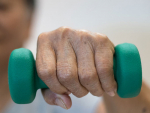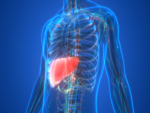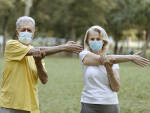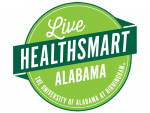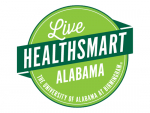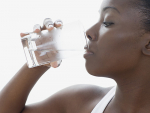Displaying items by tag: department of nutrition sciences
Live HealthSmart Alabama has taken its signature keys — healthy eating, prevention and wellness, physical activity, and education — to create and implement initiatives at all levels within the institution.
Tagged under
- release
- live healthsmart
- school of medicine
- department of medicine
- division of preventive medicine
- grand challenge
- strategic plan
- school of health professions
- department of nutrition sciences
- campus recreation
- employee wellness
- student affairs
- student health and wellness
- office of the provost for student and faculty success
- office of diversity equity and inclusion
- facilities
- sustainability
- uab care
- minority health and health equity research center
Uncertainties related to the conflict in Europe, supply chain issues and more continue to drive up the cost of groceries; but eating healthy does not have to cost you an arm and a leg.
Tagged under
Nutrition plays a role in building a resilient heart to battle against disease and can be done through small changes, like reducing sodium intake and excess saturated fats.
Tagged under
The findings represent the first study to examine whether metabolic adaptation, at the level of Resting Metabolic Rate (RMR), is associated with time to reach weight-loss goals.
Tagged under
UAB is one of 14 institutions receiving funding for the Nutrition for Precision Health Study, part of the NIH’s All of Us Research Program.
Tagged under
Lizzy Davis with the UAB Department of Nutrition Sciences shares the science of how to make your Thanksgiving worth gobbling up.
The study, led by Barbara Gower, Ph.D., is the first randomized clinical trial of a hypothesis that reducing fat stored around organs, through diet alone, can rescue beta-cell function.
Tagged under
Researchers are looking for people who either have Type 2 diabetes or are overweight to participate in the studies.
Tagged under
Live HealthSmart Alabama will host a ribbon cutting event Sept. 20, to celebrate phase one improvements in the Titusville community.
Tagged under
Two nutrition researchers at UAB claim that hunger cues go well beyond your stomach’s rumbling and grumbling — it has more to do with your overall mindfulness.
Tagged under
People respond to weight loss strategies in different ways, but typical studies test only one intervention at a time. UAB’s Drew Sayer is testing multiple strategies in a single study.
Tagged under
W. Timothy Garvey, M.D., was chosen to receive the Master of the American Association of Clinical Endocrinology award. Garvey founded the UAB Diabetes Research Center in 2008.
Tagged under
With increasing prevalence of childhood obesity, non-alcoholic fatty liver disease has emerged as the most common cause of liver disease among children and adolescents in industrialized countries.
Tagged under
Medical experts from UAB say that, while limiting the amount of exposure to other people is the safest course, there are still ways to lessen feelings of loneliness and decreased activity.
Tagged under
Tagged under
For many, living in a food desert means lack of access to healthy food choices, leading residents to turn to unhealthy and often expensive options.
Tagged under
“A la carte” features more than 30 renowned contemporary artists whose works utilize food to explore relevant contemporary social and cultural issues. Tour the exhibition virtually.
Tagged under
Amy Goss, Ph.D., RDN, says egg consumption can be incorporated into the diet in a healthful way without adversely impacting blood cholesterol in older adults.
Tagged under
While the average fluid lost from our bodies does turn out to be around 8 cups a day, you do not need to replace all of it with plain old water.
Tagged under











